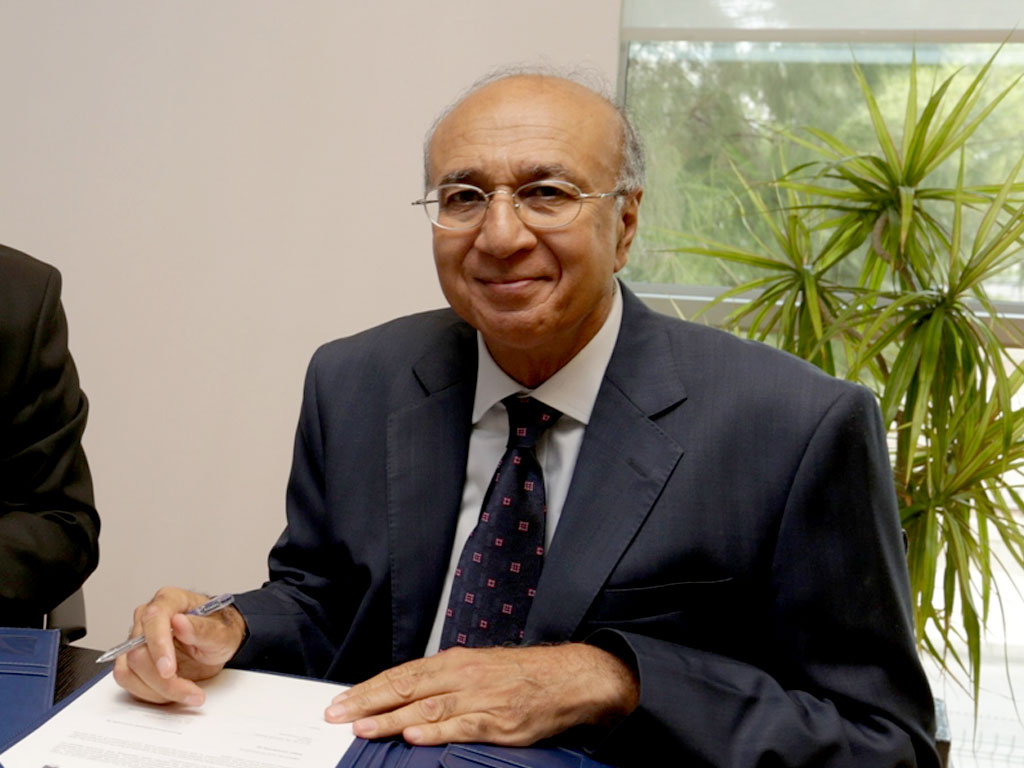
Shahid Hafeez Kardar, former Governor of the State Bank of Pakistan, speaking on current challenges to the economy at the Swiss Embassy made two very disturbing observations. First, that the International Monetary Fund's (IMF's) three-year Extended Fund Facility (EFF) programme (September 2013-2016) failed in its own areas of core competence by giving 12 waivers that distorted the country's already distorted tax system as tax dodgers were declared non-filers and thereby legitimized through the payment of a higher rate than the filers on consumer items/services. Business Recorder repeatedly highlighted this flaw in the implementation of the programme and noted that the withholding tax regimen, accounting for over 75 percent collections under direct taxes (though the tax was in the sales tax mode and therefore an indirect tax whose incidence on the poor is greater than on the rich), was unfair to the filers as they not only paid income tax but were compelled to pay an additional tax on their income as and when they purchased an item/service on which the withholding tax was levied. Sadly, the PTI government would continue with the withholding tax regime, though the tax on cash withdrawals of over 50,000 rupees by filers will end by the end of the current fiscal year.
While the IMF indirectly acknowledged the flaws in the design of the EFF and more particularly its implementation by changing the mission leader recently, yet reportedly insisting on extremely challenging prior actions for the bailout package under negotiation at present is tantamount to penalizing the people of this country as these are likely to take their toll on the value of the rupee earned, domestically and externally, giving a revenue target for the current year that would compel the government to raise existing taxes (which are mainly in the indirect mode). Poverty levels, Kardar added, would rise as average growth is no more than 3.5 to 4 percent which is inadequate to generate employment opportunities.
Secondly, Kardar assessed gross financing requirement for the next two to two and quarter years at 50 billion dollars requiring debt rollover/rescheduling of 15 billion dollars and the need to incur an additional debt of 35 billion dollars which would make Prime Minister Imran Khan's claim that his administration will not incur debt as high as the previous administration which he suggested be used as a yardstick of its success relative to the PML-N government rings hollow. It is relevant to note that the PTI administration has already surpassed the previous administration in incurring debt from the State Bank of Pakistan (a highly inflationary policy opposed by multilaterals) and borrowing from external sources has risen from 95 billion dollars to 104 billion dollars today. If the UAE government parks remaining dollars as pledged in our SBP then the total debt incurred by the incumbent government would rise to 11 billion dollars and there are still three months to go.
It is unfortunate that seven months after forming the government there appears to be no effort to think out of the box, and undertake structural reforms, particularly governance reforms in the power sector and other public sector entities that continue to be burdened by a rising circular debt, critical to end the current economic impasse. One out of the box thinking required is for the government to acknowledge that savings in the Prime Minister's House/office and in other ministries are an insignificant percentage of the total budget (though the effort is appreciated) and there is a need to reduce current expenditure by seeking a sacrifice not only from the common man (through raising taxes, reducing subsidies and fuelling inflation through unsustainable budget deficits) but from the recipients of large budgetary allocations.
Kardar urged the government to increase foreign direct investment (FDI) and the government, like its predecessors, has indicated that it envisages a rise in FDI to 4.6 billion dollars for 2019-20, 5.5 billion dollars for 2020-21, 6.5 billion dollars for 2021-22 and 7.41 billion dollars for 2022-23. These projections are based on the commitments made by foreign governments/private companies; however, the government would be well advised to consider that Pakistan's absorption capacity is low and that few of the pledges made in the past were realised. Realistic assessment rather than veering towards unrealistic projections to show good performance to the Prime Minister and thereby retain one's executive position is not going to solve the country's economic problems. And to take cognizance of Kardar's warning notably that foreign investors follow a boom and do not create a boom.
